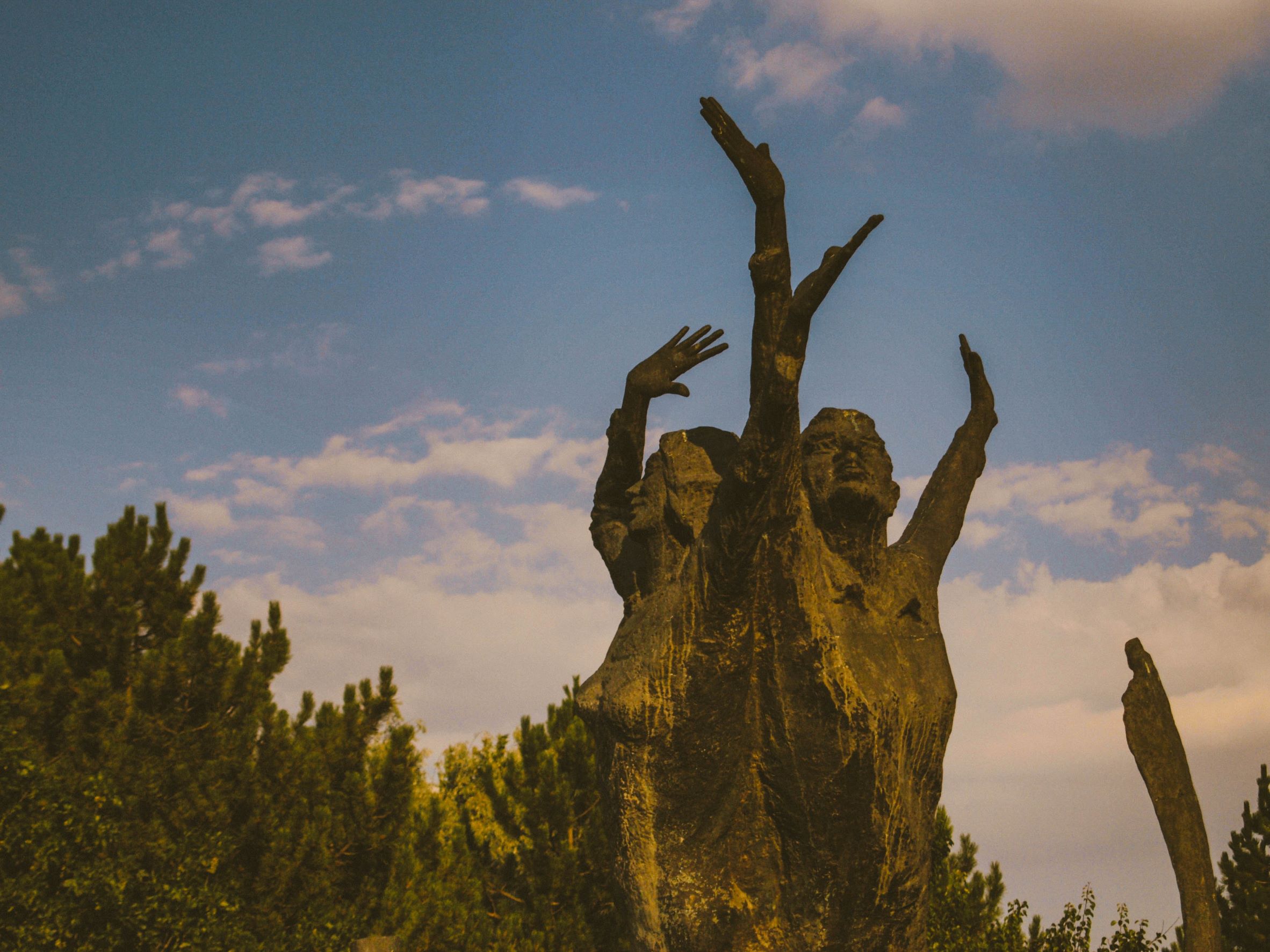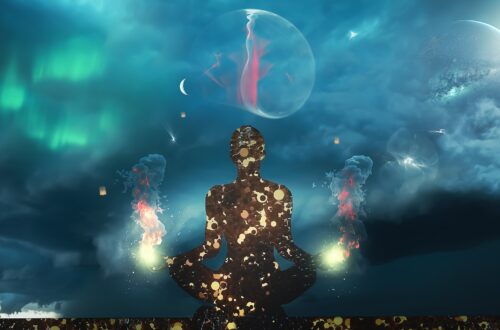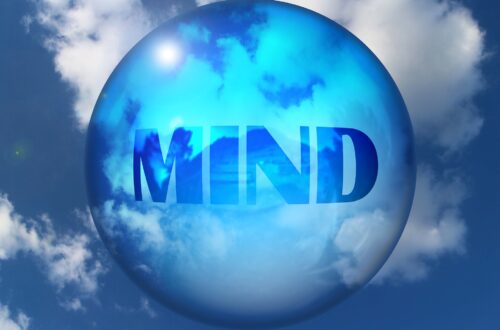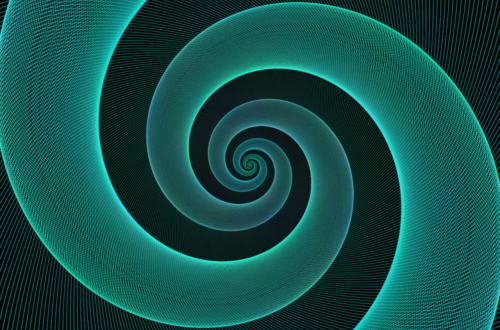
Reconciling “God” and Evil II or “This is the Best of all Possible Worlds”
In my last article entitled “Reconciling God and Evil”, I dealt primarily with the problem some people have with the notion that an all-knowing, all-powerful and all-good God can exist in a world that contains evil.
Review of Reconciling “God” and Evil (skip if you read it)
They surmise that if he doesn’t know about the evil, then he is not all-knowing, if he does know about it but can’t prevent it, then he is not all-powerful, and if he not only knows about it and can do something about it but refuses to, then he is not all-good.
So, the two are logically incompatible. Either there is no evil in the world, which is clearly not the case, or there is no God that is all-knowing, all-powerful and all-good.
In my last paper I explained how you can have such a God and “evil” because evil is not something God created, but the lack of something. So God did not create evil, he just created the possibility of evil when he granted humans free-will.
If you want more detail, please refer to that article. Here is the link. Reconciling God and Evil
Why Did God Create This World As It Is?
In this paper, I want to take a slightly different approach to the same topic. This is an argument by philosopher and theologian, John Hick.
He examined the problem from the point of view of what type of world God would want to create. Would he want to create a world that was entirely free of evil, meaning free of pain, suffering, difficulty, obstacles, accidents, morality, science and so forth, or would he create a world like we have now?
Hick argues he would create a world like we have now. This may sound a little strange to some people. Why wouldn’t God want to create a world without pain, sorrow and suffering? And why if he created such a world, does that world have to also be devoid of science, morality, courage, righteousness and heroism?
Two Types of Evil
First off, Hick wants to define two types of evil: Moral Evil and Natural Evil.
Moral evil results from the misuse of human free will. Natural evil results from the harm done by natural disasters like earthquakes, floods, tornadoes, droughts and so on.
Often the two will overlap as when a natural disaster occurs and the human response, for political or other reasons, is not up to the task of providing adequate relief.
Should God Treat Humans Like Caged Pets?
Hick believes that some people might think humans are a completed creation; therefore God should create a world that is pleasant and enjoyable for his fully developed creatures. Since God is good and loving he should make their world as pleasurable and comfortable as possible.
In short, Hick claims, this loving God should then treat humanity like a caged pet where its every need is taken care of, and all dangers and discomforts are eliminated.
Since this is clearly not our world, the logical conclusion is that an all-knowing, all-powerful, all-knowing God couldn’t have created it .
But Christianity, according to Hick, never envisioned a world like this with a maximum of pleasure and a minimum of pain.
God Created This World for “Soul-Making”.
Rather this world should be seen as a place of “soul-making” where free human beings grapple with tasks and challenges in order to develop themselves for the purpose of attaining salvation and eternal life.
He cites an early church father, Irenaeus, who said, man was made in the image of God, but had not yet developed into the free and responsible people they needed to be to reach the goal of a “finite likeness of God.” This world is where the work of soul-development is done.
And this work cannot be done without pain, hardship, difficulty, problems, disasters, losses and so on. It is these situations that turn this world into a soul-making world.
This cannot happen if God creates the paradise many people claim to want. Unfortunately, they haven’t thought out the consequences of such a world. Hick has. He says this about the consequences of living in a world with no pain, hardship or consequences for harmful acts. This quote is a little long, but expressed so well that I think it is worth quoting at length.
Hick Explains the Consequences of a World Devoid of “Evil”
“For example, no one could ever injure anyone else; the murderers knife would turn to paper or his bullets to thin air; the bank safe robbed of a million dollars, would miraculously be filled with another million dollars (without this device, on however large a scale, proving inflationary); fraud, deceit, conspiracy, and treason would somehow always leave the fabric of society undamaged.
“Again, no one would ever be injured by accident: the mountain climber, steeplejack, or playing child falling from a height would float unharmed to the ground; the reckless driver would never meet with disaster. There would be no need to work, since no harm could result from avoiding work; there would be no call to be concerned for others in time of need or danger, for in such a world there could be no real needs or danger.”
There is No Science or Ethics in a World Without “Evil”
Hick claims, the implications of such a world would be tremendous. Nature’s laws would no longer be continuous, but would change as needed. The laws of gravity would operate sometimes, but sometimes they wouldn’t. As a result, science would stop functioning because there would be no immutable world structure on which to base it. Everything would be fungible and changeable.
As you can see both moral evil and natural evil would be eliminated. Even the actions by people with the worst intent, would fail to harm anyone. Natural evil would be eliminated because God would constantly ensure that no harm would come from it. A boulder falling because of an earthquake would magically transform into thin air and harm no one.
Ethical concepts would have no meaning. It would be impossible for another person to be harmed so there is no need to look after one another. Generosity, kindness, consideration and courage would be rendered meaningless in such a world where everyone is always safe and taken care of.
Such a world could be pleasurable, but it would not allow humans to develop their souls, and as such, would be the worst of all possible worlds.
Our World Is the Best of All Possible Worlds
Hick claims if we want a world that focuses on the moral and spiritual growth of free humans, then we would want a world like we have now. It is the best of all possible worlds. Hick says this about such a world.
“It must operate according to general and dependable laws, and it must involve real dangers, difficulties, problems, obstacles, and possibilities of pain, failure, sorrow, frustration, and defeat.”
Hick concludes by saying,
“It is to understand that this world, with all its ‘heartaches and the thousand natural shocks that flesh is heir to,’ an environment so manifestly not designed for the maximization of human pleasure and the minimization of human pain, may be rather well adapted to the quite different purpose of “soul-making.”
So, if we are cursing this world for being as it is, just remember, this is indeed, the best of all possible worlds for the purpose of soul-making. So, let’s take heed of our blessings, stop complaining, and live our lives accordingly.
To learn more about the magic of the universe: Click this link: The Magical Universe.
Photo by Ramazan Tokay on Unsplash




